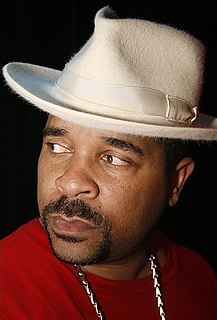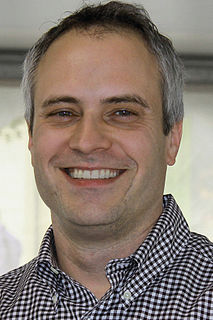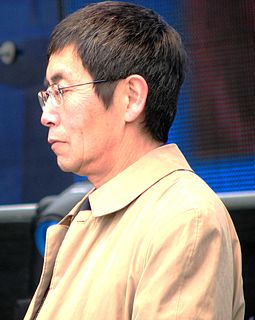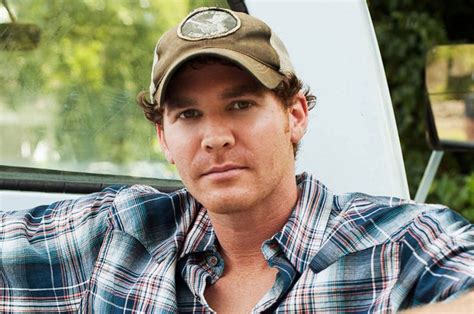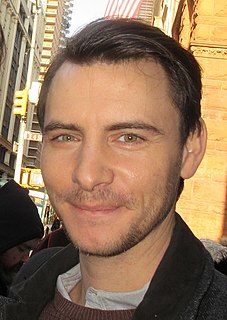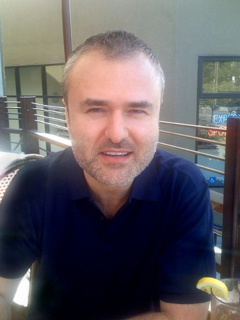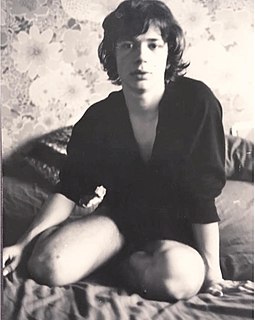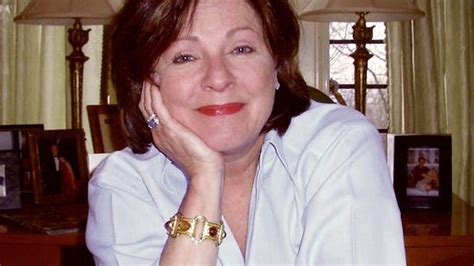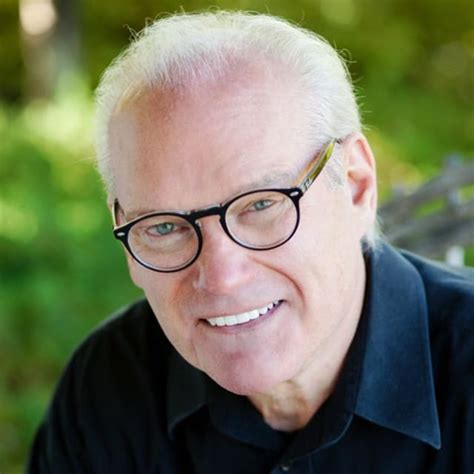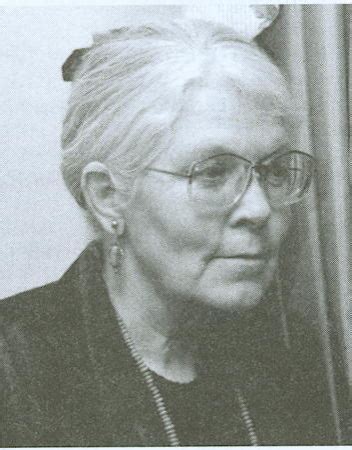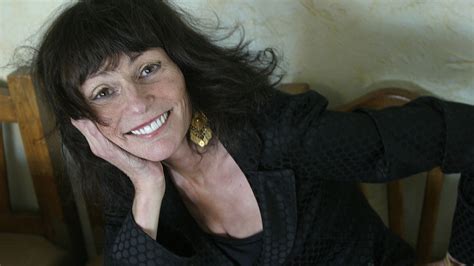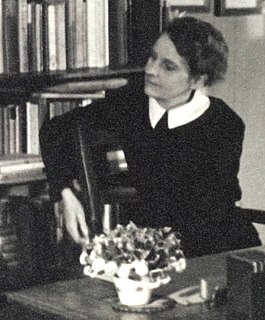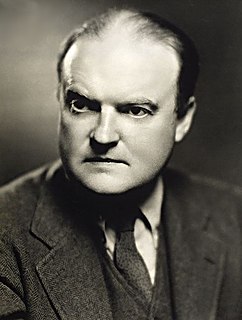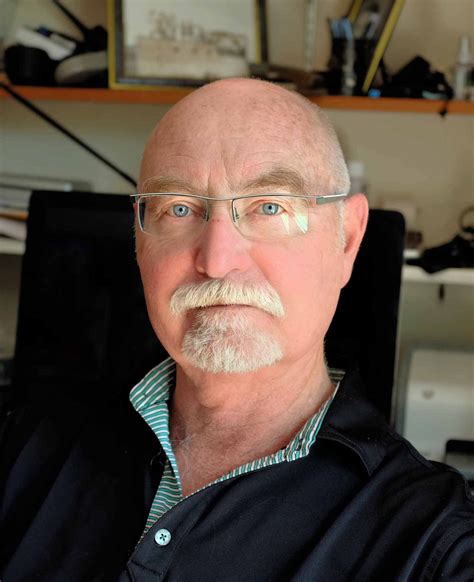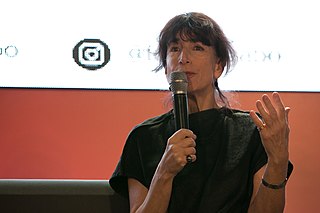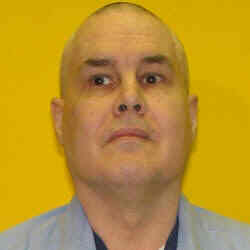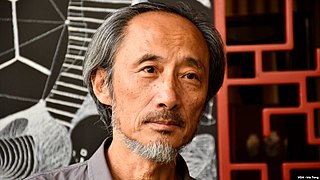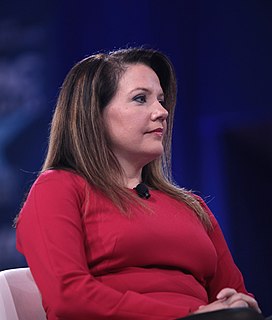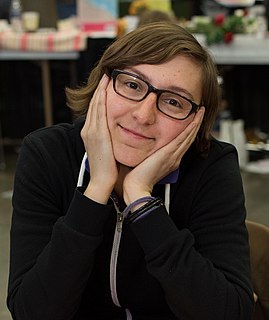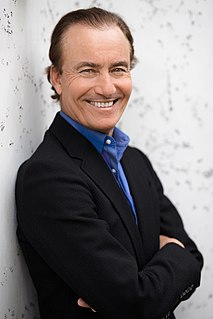Top 995 Desktop Publishing Quotes & Sayings - Page 13
Explore popular Desktop Publishing quotes.
Last updated on December 4, 2024.
The profession is never going back to those days when a handful of wealthy people treated publishing like a hobby: one where the business can lose money because the family has lots of it to burn. Frankly, I don't think that model was ever sustainable, and it really only enriched a small number of writers.
A tiny portion of the population controls the lions share of the wealth and most of the command positions of state, manufacturing, banking, investment, publishing, higher education, philanthropy, and media... these individuals exercise a preponderant influence over what is passed off as public information and democratic discourse.
Animal rights activists talk about cruelty and torture, some backing their assertions by publishing out-of-date photographs of 'experiments' banned long ago. This is a misrepresentation. The work we do is performed with compassion, care, humanity and humility. I have never seen an animal suffer pain.
There are the Podesta emails we've been publishing. [John] Podesta is Hillary Clinton's primary campaign manager, so there's a thread that runs through all these emails; there are quite a lot of pay-for-play, as they call it, giving access in exchange for money to states, individuals and corporations.
The original idea of blog publishing was that writer and reader would be on the same level. That it would be a conversation - not a lecture. People lost sight of that. We didn't. Kinja is designed to break down the walls of the ghettos. So that everybody - editor, writer, source, subject, expert, fan - can be a contributor.
This is what happens when the discourse of publishing, defined and driven by spoken and written language, is talked about in exactly the same vocabulary and syntax as any widgetmaking industry. Books are reformulated as 'product' - like screwdrivers or flea-bombs or soap - and the majority of writers are perceived as typists with bad attitudes.
There's a bizarre prejudice that exists in the New York publishing establishment that any work outside the tri-state area is being done by trained chimpanzees, that geography screens out sensibility. There's an idea that all Los Angeles writing is about the movie industry, that it's vulgar, shallow and banal.
On the one hand, I have wanted to supply documentation on myself by including material relevant to my emotions and ideas in my youth; and, on the other, not to let myself down by publishing inferior material. My poetry comes under the latter head. My only advice to the reader is to skip any verse that he sees coming.
In all the time I was with L.T.D., I was never allowed to do an interview by myself. I wasn't even allowed to talk on stage between songs. I couldn't get a publishing agreement or a production deal because everyone had their own little role to play in the group... and the money, well, anything split 10 ways can't be much.
As for the multiple editions, in the case of a truly great writer - Shakespeare, Emily Dickinson, Proust, someone with a canon - there is often a "variorum" edition of the work that presents its variants. I think publishing most other writing that way would be impossible, economically, for publishers, and very ill-advised for authors.
After the Tiananmen Massacre, I felt compelled not only to continue writing but to actively resist the restrictions placed on freedom of speech. I set up the publishing company in Hong Kong, with offices in Shenzhen in mainland China, and managed to publish works of fiction, philosophy, and politics by unapproved authors.
The publishing scene in India is evolving rapidly, and the key challenge is to keep reinventing oneself so that one does not become formulaic. Sometimes it is safer to deal with the consequences of failure than the fruits of success. Remaining on one's toes is critical, and often one finds that success makes one complacent.
Animal rights activists talk about cruelty and torture, some backing their assertions by publishing out-of-date photographs of "experiments" banned long ago. This is a misrepresentation. The work we do is performed with compassion, care, humanity and humility. I have never seen an animal suffer pain.

